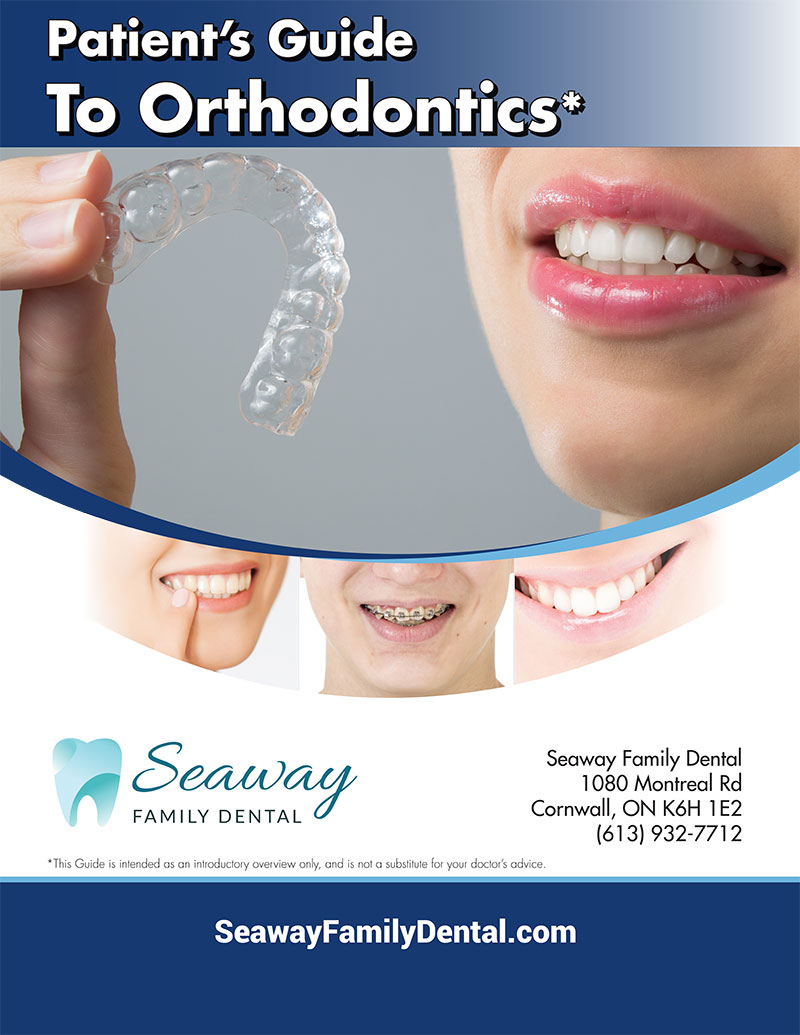
Is A Tooth Extraction Necessary?
-
There are several medical reasons why a tooth might need to be extracted, such as:
- Baby teeth not shedding naturally, which can affect the alignment of adult teeth
- Preparing your mouth for orthodontic treatment to improve alignment and oral health
- Treating pain, severe decay, or infection to prevent further dental issues
- Removing a broken tooth that can’t be restored, ensuring proper function and preventing complications
But don’t worry—extraction isn’t always the only choice. If you’re dealing with tooth pain, we might be able to relieve it while saving your tooth. The earlier we catch it, the better the chances of finding the right solution.
-
Let us know if you’re experiencing any of these symptoms:
- Severe tooth pain
- Pain that worsens with chewing or pressure
- Jaw pain or stiffness
- Swollen gums around the tooth
- Signs of gum disease like discolouration, bleeding, or an unpleasant odour
The Treatment Plan
A tooth extraction is typically done by a dentist or oral surgeon in just one office visit. Here’s how we guide you through the process—from deciding if extraction is the right choice to post-treatment care:
Looking for Solutions
Before considering extraction, our dentists will thoroughly assess your symptoms and discuss all available options to find the best solution for both your dental health and comfort.
The Removal Process
Depending on your and your dentist’s preference, a local anesthetic will be used to numb the area for extraction. Sedation is also available if needed. Our oral surgeons use minimally invasive techniques to gently remove teeth, ensuring your comfort and a speedy recovery are always our top priorities.
Feeling Better
We’ll provide you with clear aftercare instructions to ensure a smooth recovery, covering how to care for your mouth as it heals, what to expect during the healing process, and what to do if any complications arise. Following these guidelines can help reduce the risk of infection, speed up healing, and ensure a comfortable recovery. If you have any concerns, we’re more than happy to schedule a follow-up appointment to support your healing journey.
Contact us today
to schedule an initial consultation & exam.
Your consultation will include an examination of everything from your teeth, gums and soft tissues to the shape and condition of your bite. Generally, we want to see how your whole mouth looks and functions. Before we plan your treatment we want to know everything about the health and aesthetic of your smile, and most importantly, what you want to achieve so we can help you get there.
Frequently Asked Questions
Not necessarily. While many people think wisdom teeth removal is a must, they only need to be extracted if they are impacted or cause issues with your jaw and teeth.
With modern dental techniques, tooth extractions are virtually painless, and most patients are surprised by how quick and easy the procedure is! While some discomfort is normal, we provide aftercare instructions to help keep you comfortable throughout the healing process.
You can remove the gauze sponges about an hour after your procedure and have something to eat. Stick to soft foods for the first 24 hours, and avoid hot foods or drinking from straws for several hours.
After your dental extraction, we’ll provide personalized aftercare instructions, but here are some general tips to promote healing and reduce complications: avoid spitting, rinsing, nose blowing, using a straw, and smoking for the first 24 hours. Refrain from touching the extraction site with your finger or tongue, avoid hot foods and drinks, and skip aspirin as it can affect blood clotting. It’s also best to avoid physical activities and exercise during your recovery.
Recovery for a simple tooth extraction usually takes 7 to 10 days. For more complex procedures, like surgical extractions or wisdom teeth removal, it may take around 2 weeks. Regardless of the procedure’s complexity, discomfort during recovery is generally minimal.
A typical tooth extraction usually takes about 45 minutes or less, assuming no complications arise.
Just Call - Booking Is That Easy!
Give Us a Call
Tell Us What You Need
Pick a Time That Works for You












